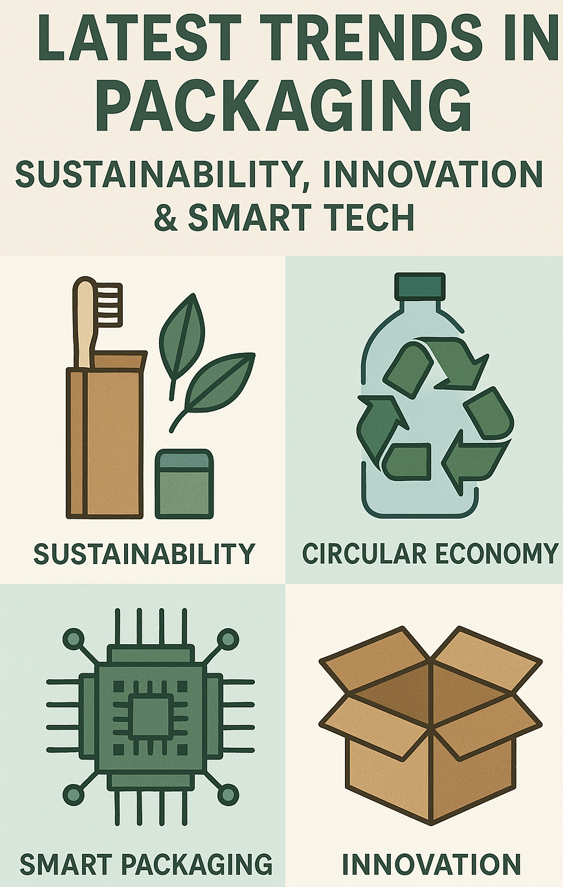In a significant leap toward sustainable food safety, a research team from the National Institute of Technology (NIT) Rourkela has developed an innovative intelligent food packaging film made entirely from natural, biodegradable materials.
Led by Prof. Preetam Sarkar, an Associate Professor in the Department of Food Process Engineering, the team designed the packaging to monitor seafood freshness in real time by detecting pH changes. This practical advancement could curb food waste and improve consumer safety.
In a first-of-its-kind development in India, the researchers used starch from Kodo millet to create a pH-sensitive film that visibly changes colour in response to spoilage.
The film detects volatile amines, compounds typically released when seafood starts to spoil, and provides a clear visual cue about freshness, enhancing traceability and quality control across the supply chain.
The intelligent packaging film comprises three key natural ingredients that work synergistically to deliver functionality and sustainability.
At its core is starch extracted from Kodo millet (Paspalum scrobiculatum), an underutilized grain known for its excellent film-forming properties.
This starch forms the structural base of the film, providing a biodegradable and renewable alternative to synthetic polymers.
The researchers incorporated gum tragacanth, a natural plant-derived thickening agent, to enhance the film’s strength and flexibility.
This component improves the film’s mechanical properties, ensuring it can withstand handling and storage conditions common in seafood packaging.
The third essential ingredient is beetroot peel extract, which contains natural pigments known as betalains.
These pigments are responsible for the extract’s vibrant coloration and are highly sensitive to pH changes.
As seafood begins to spoil and pH levels rise, the betalains in the film respond with a visible color change, serving as a real-time, non-invasive indicator of freshness.
These components make the packaging film eco-friendly, non-toxic, and highly responsive, aligning with the global shift toward sustainable food packaging solutions.
The research findings were published in the Food Packaging and Shelf Life journal, with Prof. Sarkar as the lead corresponding author.
The paper was co-authored by research scholars Rahul Thakur, Harshi Singhi, Vedsagar Rajesh Suryavanshi, and Dr. Ravichandran Santhosh, along with collaborators Dr. Khalid Gul (NIT Rourkela), Dr. Swarup Roy (Lovely Professional University), Dr. Srinivas Janaswamy (South Dakota State University, USA), and Dr. Kirtiraj K. Gaikwad (IIT Roorkee).
India ranks as the world’s second-largest fish producer and one of the top five global shrimp exporters, with frozen shrimp leading the country’s seafood exports.
Given this massive output, innovative packaging solutions that extend shelf life and ensure freshness are critical.
Unlike conventional packaging, which merely protects, this intelligent film provides real-time visual information about food quality, making it especially valuable for perishable seafood products.
Prof. Sarkar explained the process: “We extracted starch from Kodo millet through soaking, grinding, filtering, and drying.
“The beetroot peel extract was prepared separately and combined with starch, gum tragacanth, and glycerol to form the films. After drying, we tested the films for their pH sensitivity and ability to monitor spoilage.”
Betalains in beetroot peels provide more than pH sensitivity, they also have antioxidant and antimicrobial properties, enhancing the film’s suitability for food packaging.
As seafood spoils and the pH increases, the film changes color, serving as a clear, non-invasive freshness indicator.
Kodo millet and gum tragacanth also contribute to the film’s biodegradable and functional profile. Kodo millet, an underutilized grain, offers excellent film-forming abilities, while gum tragacanth boosts strength and flexibility.
The researchers aim to add value to food waste streams by utilizing agricultural by-products such as beetroot peels while promoting sustainable material sourcing.
Looking ahead, the team is engaging with seafood industry stakeholders to explore practical applications.
At the lab scale, production costs are approximately Rs. 900 per kilogram. Still, with industrial-scale manufacturing, costs could drop between Rs. 400 and Rs. 600 per kilogram, making the innovation commercially viable and environmentally responsible.







